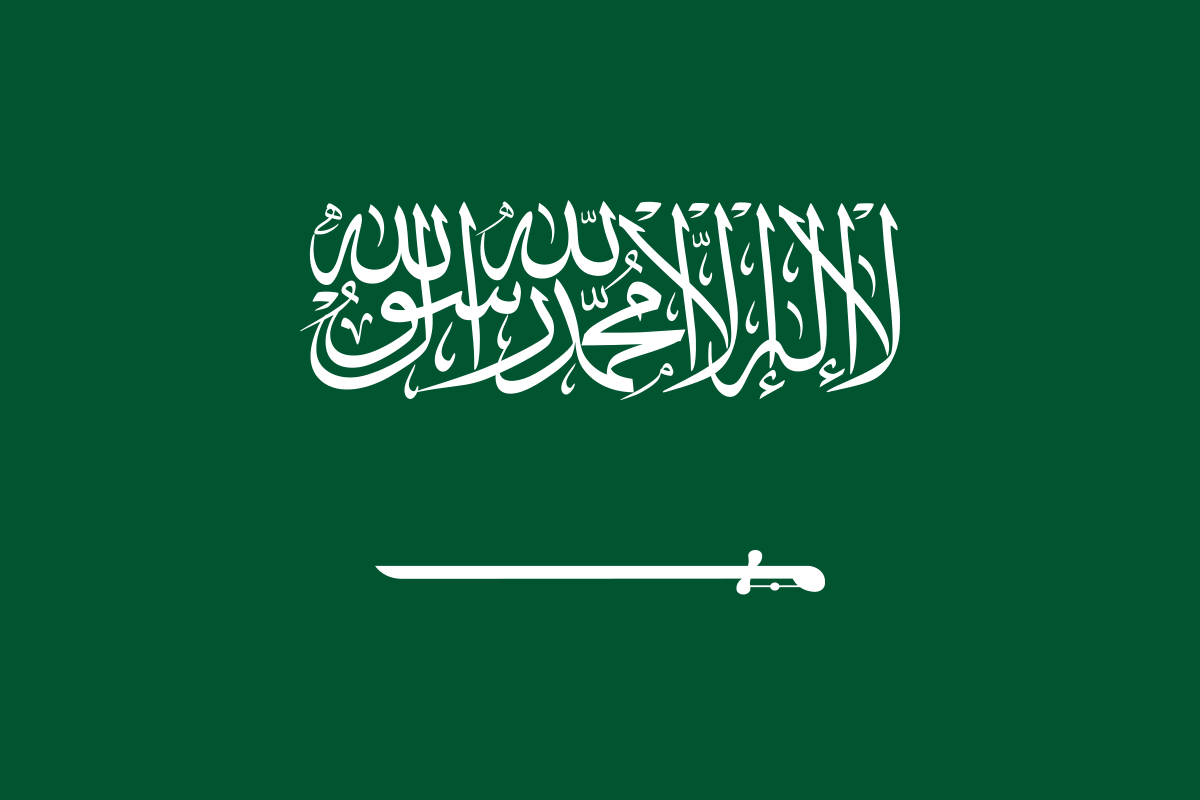
For Soudah Development, which was established in 2021 under the aegis of the sovereign fund and is chaired by Crown Prince Mohammed bin Salman bin Abdulaziz Al Saud, the partnership marks a step toward realising a mountain-destination vision in the Aseer region. The company is charged with developing parts of the Soudah and Rijal Almaa area into a high-end tourism hub aligned with the national diversification strategy known as Vision 2030.
“The future of tourism lies in regeneration, community empowerment and authenticity,” said Richard Attias, chairman and acting chief executive of FII Institute, underlining the shared intent. “Soudah Development embodies that vision.” Soudah Development’s chief executive, Saleh Aloraini, added that the company is “proud to be contributing” to Vision 2030 while developing the Kingdom’s first luxury mountain destination.
The collaboration will span multiple domains, including sustainable investment frameworks, environmental-stewardship programmes, community-focused projects and innovation in tourism infrastructure. Through the agreement, both organisations will co-host events and build platforms that reflect the convergence of investment capital, cultural heritage and luxury tourism in a mountainous setting.
The Aseer region, currently less visible on the global tourism map compared with Saudi Arabia’s Red Sea shoreline or heritage-city developments, stands to gain from fresh capital and international expertise. Soudah Development is seeking to turn its locale into a destination where high-altitude climate, mountain vistas and cultural authenticity intertwine. The Soudah Peaks project, referenced in both announcements, is expected to play a central role in that vision.
For the FII Institute, the partnership expands its scope beyond high-finance forums toward practical implementation of ideas in tourism, sustainability and regional development. Known for convening global leaders under its THINK, XCHANGE and ACT pillars, the institute’s alliance with a state-owned development company signals a deeper operational push into destinations.
The tourism sector in the Kingdom has been a major pillar of the diversification agenda. Earlier this year the country surpassed its original target of 100 million visitors ahead of schedule and is now aiming for 150 million by the end of the decade. The Soudah–FII partnership therefore aligns with a broader push to deepen tourism beyond coastal or desert experiences into mountainous terrain.
Challenges remain, however. Mountain tourism by its nature must balance infrastructure development with preservation of fragile ecosystems and local communities. Critics point out that luxury destination development can sometimes marginalise indigenous populations or lead to environmental degradation unless carefully managed. Soudah Development will need to demonstrate that its growth model is genuinely inclusive, culturally sensitive and ecologically sustainable.
Investment flows into the region will also need to be sizeable and sustained for the mountain destination to emerge at scale. While specific capital commitments were not disclosed in the announcement, analysts note that luxury mountain tourism entails complex logistics—transport links, high-end accommodation, environmental safeguards and workforce training. The ability to attract international hotel brands and manage seasonal visitation will be key to long-term viability.
Nevertheless, the partnership places the Aseer highlands firmly on the tourism radar and frames Soudah Development as a national champion of a model that blends luxury, heritage and sustainability. With the FII Institute as a strategic partner, the destination appears poised to plug into global investment networks while aligning with the Kingdom’s wider economic diversification goals. Emanuel Harbin, a Middle-East tourism adviser, described the alliance as “an important signal that the mountain-tourism frontier is now getting serious backing in Saudi Arabia,” adding that whether the model is scalable across other regions remains to be seen.
Topics
Saudi Arabia
